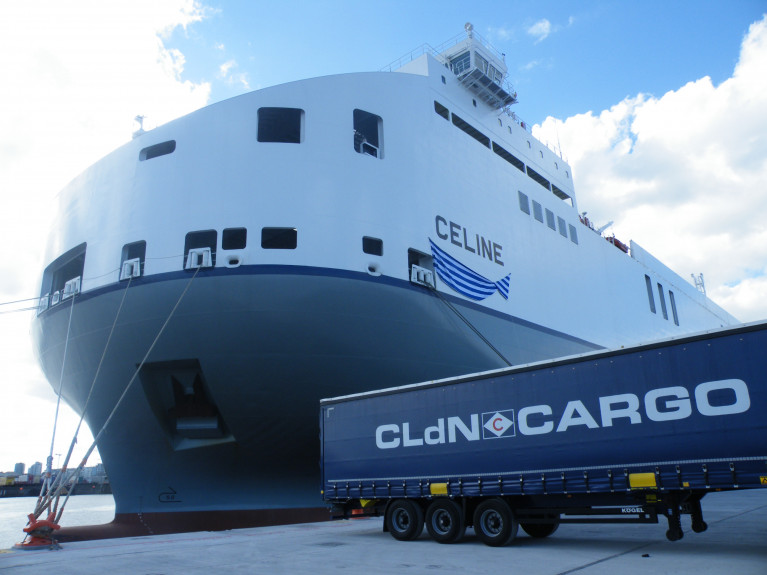Displaying items by tag: Dramatic Freight Rise
Ro-Ro ‘Brexit Buster’ Can ‘Dramatically’ Increase Direct Ferries to Mainland Europe
CLdN Ro Ro S.A. which is the largest shipping line connecting Ireland and continental Europe says it can “dramatically” increase its services if there is a hard Brexit.
The Luxembourg-based shipping line, The Irish Times reports, operates direct ferries seven days a week between Irish ports and mainland Europe, connecting Dublin with Zeebrugge in Belgium and Rotterdam in the Netherlands, and Cork with Zeebrugge with journey times of about 38 hours.
Sjors Bosvelt, CLdN’s head of sales based in Rotterdam, said the shipping line has plans in place to provide further services should a disorderly Brexit at the end of the standstill period on December 31st result in delays with new checks at British ports that congest the landbridge.
“We have contingencies to allow us to dramatically increase capacity in the event that there is a hard Brexit,” he said.
“With our own fleet of vehicles, we have, to a large extent, flexibility in allocating capacity to where demand is, answering to the volatility in each market.”
More here including the stalled talks of the UK-EU negotiations.
In addition to Afloat's coverage of Celine's naming ceremony as alluded in the photo caption.
























































